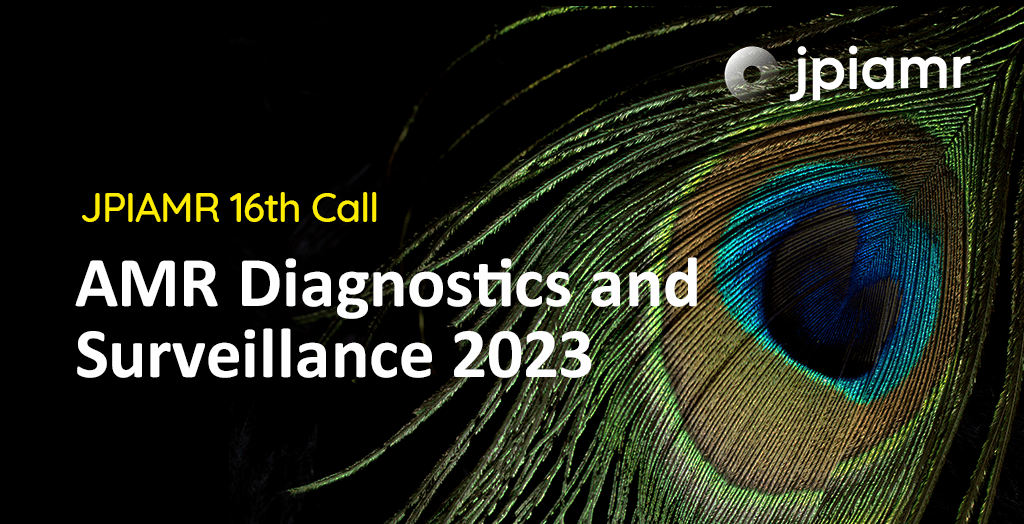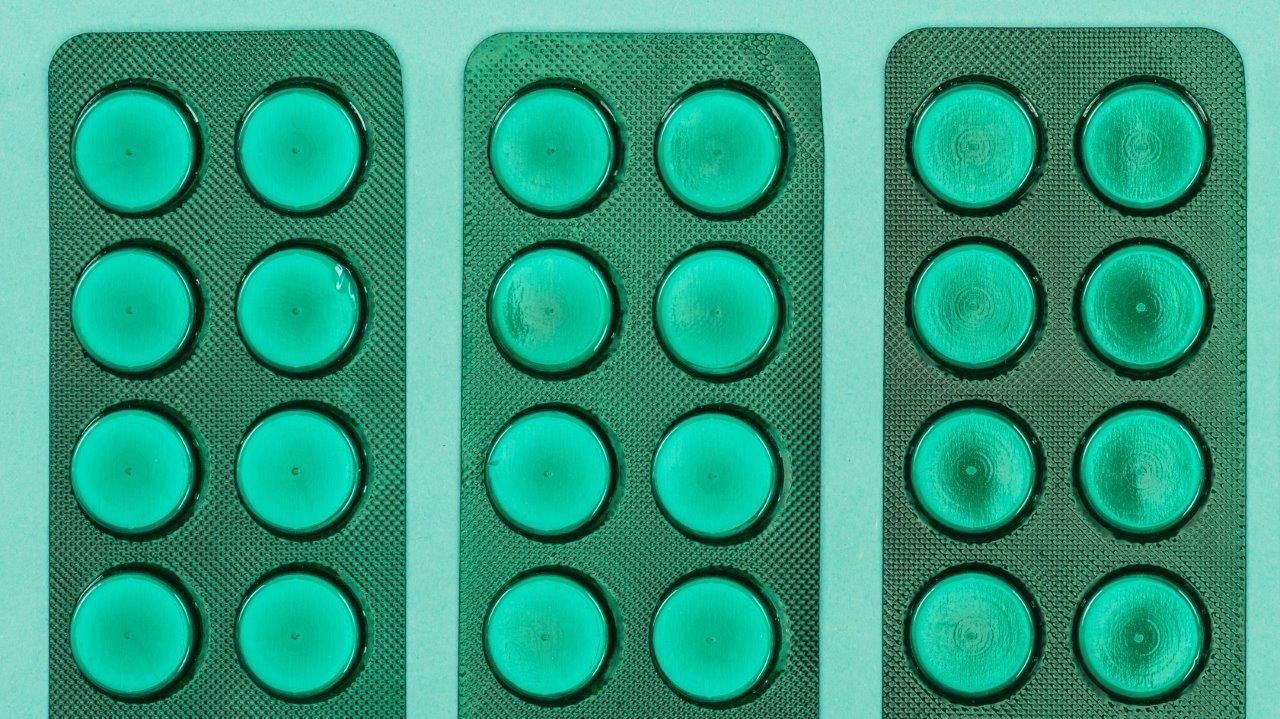The development of resistance to antibiotics is a biological process, but the context that determines emergence and impact of resistance is underpinned by social aspects. Therefore, it is necessary to identify, understand and evaluate these social aspects to enable the prevention and control of AMR.
Using the One Health approach means it is vital to include social processes across human and animal health care, in the food production chain and in environmental protection. Questions to ask are, for example: How do farmers, vets, and regulatory systems manage livestock production? How do regulatory and fiscal frameworks incentivise or deter antimicrobial development, production, availability, and use? How do the public and healthcare professionals understand, value, and use antimicrobials?
There is a need for clearer descriptions of how different social scientific fields – economics, political science, ethics, sociology, anthropology, and law – could deepen the understanding of the AMR issue, and also the value from particular methods such as interviews or ethnography. Once the definition, scale, and scope are understood, we can begin to fully understand the potential contribution of perspectives based on the social sciences.
To start introducing social sciences as a cross-cutting theme in the JPIAMR Strategic Research and Innovation Agenda (SRIA) it is necessary to develop a list of key areas to focus on. It will also be necessary to develop quality assessment criteria that are sufficiently broad to capture the range of quantitative and qualitative methods used by social sciences but specific enough to enable a systematic critique. This exercise will also contribute to the development of the candidate Horizon Europe co-fund OH AMR Partnership.
This initiative is led by professor Katherine Payne, University of Manchester, United Kingdom. An expert group has been appointed, consisting of:
- Alex Broom, University of Sydney, Australia
- Anja Schreijer, Erasmus University, The Netherlands
- Claire Harpet, Université Jean Moulin Lyon 3, France
- Ian Donald, University of Liverpool, United Kingdom
- Jon Pierre, University of Gothenburg, Sweden
- Jonathan Rushton, University of Liverpool, United Kingdom
- Richard Smith, University of Exeter, United Kingdom
- Clare Chandler, London School of Hygiene & Tropical Medicine, United Kingdom
The group is currently drafting a working paper that will be sent for wider consultation among experts before being included in the SRIA revision process.









